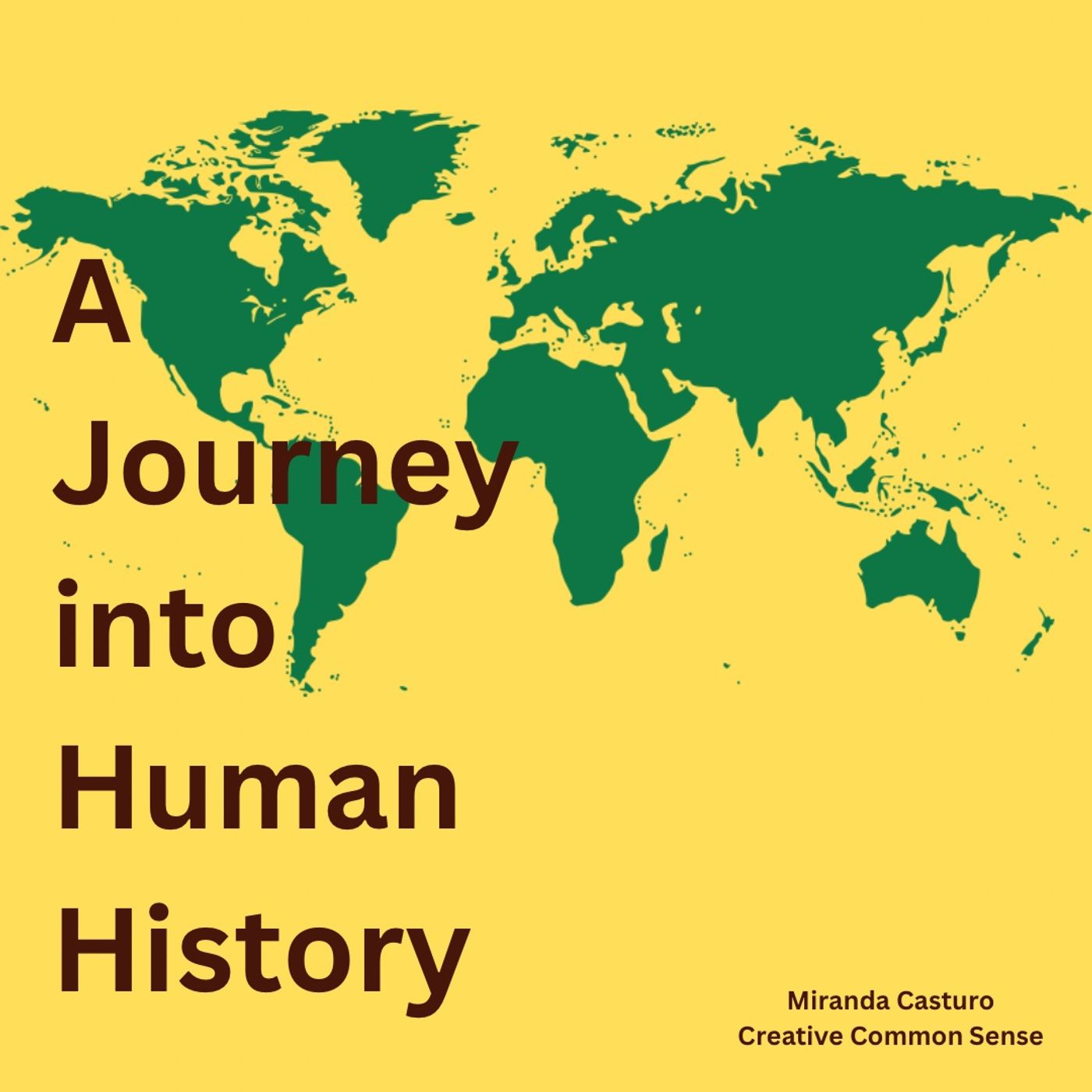The Mongol Empire Fragments
Description
While Kublai’s Yuan dynasty reunited China and gave it the same ruler as the Mongol homeland and much of central Asia, it revived neither the prosperity of China nor the robustness of the steppe people. Trade continued to flow, and the effects of earlier economic growth were still apparent, but less wealth was subsequently produced. This meant less went to the steppe, and those producing wealth saw increasingly fewer returns on their labor. The seemingly invincible armies of the Mongol Empire had proven unable to conquer Southeast Asia and were even less skilled at long-distance sea invasions. Perhaps most contrary to Chinggis Khan’s desired legacy, his descendants succumbed to a lust for power and were quick to abandon the strength of a unified Mongol people under one leader for their own bid to be that leader for a few years.
All images referenced in this podcast can be found at https://openstax.org/books/world-history-volume-1/pages/14-3-the-mongol-empire-fragments
Welcome to A Journey into Human History.
This podcast will attempt to tell the whole human story.
The content contained in this podcast was produced by OpenStax and is licensed under a Creative Commons Attribution License.
Access for free at https://openstax.org/books/world-history-volume-1/pages/1-introduction
More Episodes
Over the course of the eighteenth century, a series of famines and economic crises deepened wealth inequality and narrowed access to political power on both sides of the Atlantic. As the growing influence of the public sphere and Enlightenment ideas of equality and liberty shaped opposition to...
Published 12/25/23
Published 12/25/23
Over the course of the seventeenth and eighteenth centuries, the public sphere became an increasingly important component in the spread and development of Enlightenment ideas. As networks of informal socialization and intellectual exchange, coffeehouses provided a setting in which people from all...
Published 12/22/23


